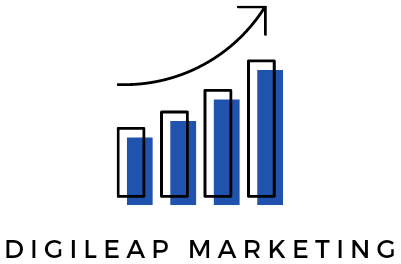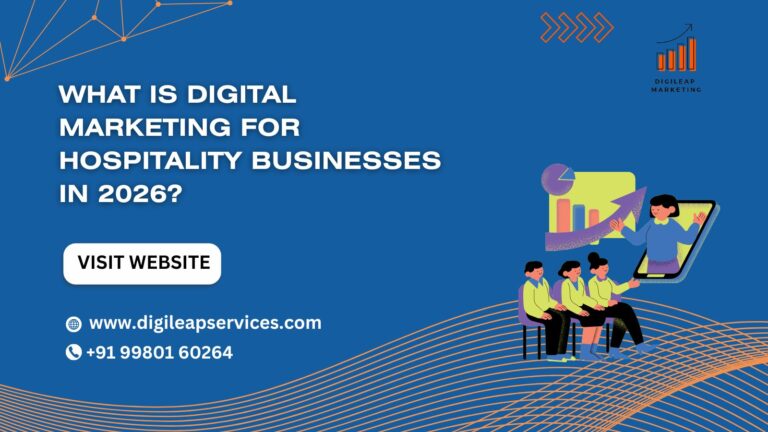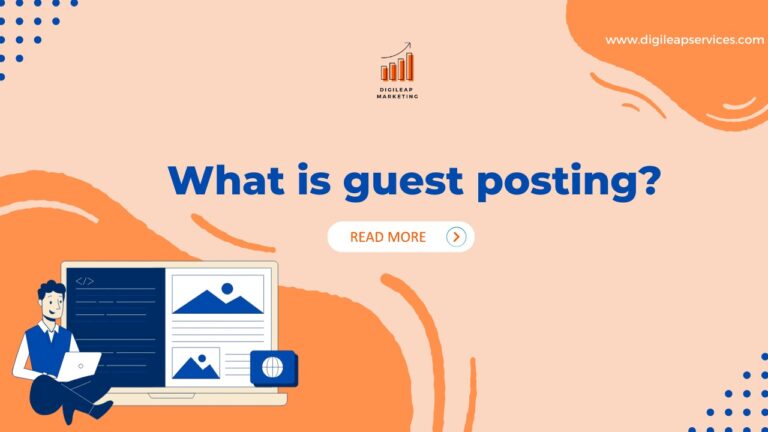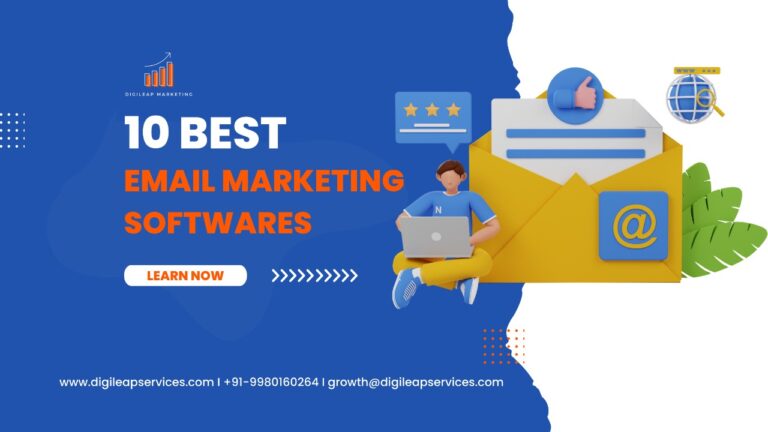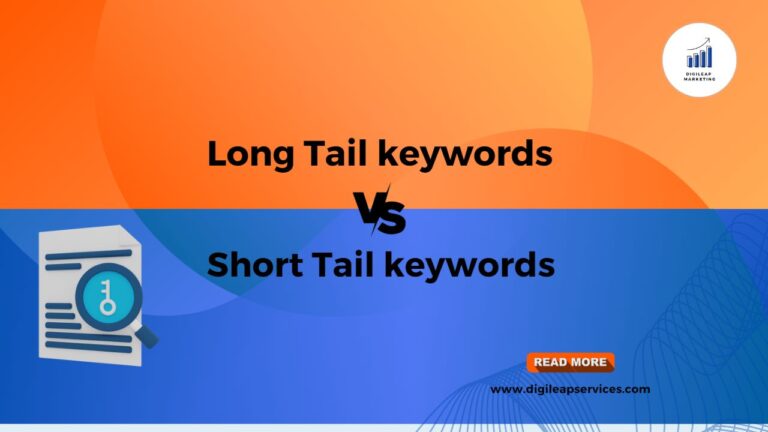The Top 5 Mistakes Hotels Make in Digital Marketing (And How to Avoid Them)
Introduction: Why Digital Marketing Matters for Hotels
The reality of the world today is that there is a fierce rivalry between hotels on the web to win over guests. Travellers are becoming increasingly keen on using the internet to plan their travel and stay bookings, thus giving rise to creating the most solid digital presence. Even though digital marketing has power, the common mistakes hotels make can affect online visibility or drive away potential guests.
These could range from lacking proper mobile optimisation to ignoring local SEO, which, in effect, becomes a thriftless shackles tied to hotels’ growth. Herein are five top mistakes in the hotel digital marketing realm and tips on avoiding those pitfalls toward ensuring the thriving online presence of your hotel.
Mistake #1 – Neglecting Mobile Optimisation
Failing to Optimise for Mobile Devices
It is well known to many that more than 60% of internet traffic is caused by mobile devices. Hence, this makes mobile optimisation a necessity for every hotel website. Many hotels are ever so slow, very difficult to access, or even impossible to navigate by smartphone. Such guests are likely to switch to a different website and look for an alternative booking option.
Do not make this mistake. Make your site responsive— it will adapt to different screen sizes. Optimise your booking engine for mobile sites so that users can book rooms effortlessly and quickly while on the go. Mobile optimisation needs to be intuitive and smooth rather than just aesthetically appealing.
Mistake #2 – Inconsistent Branding Across Platforms
Lack of Consistency in Branding Across Channels
The credibility of a brand is lost when there is dissimilarity in branding concerning different sources used. Your hotel might be quite effective on the website but lacks in using its social media pages or email campaigns to send out cohesive branding messages. Most often, though, hotels will not have things such as colours, fonts, and messaging uniformity, and this will just take away the professionalism you are trying to convey. This is one of the most typical mistakes hotels make.
Thus, brand guidelines are developed for visual and textual applications for your brand. Pay special attention to your website and all social media posts, as well as any email newsletter and all other posts for marketing, with a key message and design. Such recognition establishes your brand identity. Thus, it makes it very easy for guests to remember it at that time for their next booking.
Also Read ⇒ 9 Secrets About Hotel Marketing Companies in India You Didn’t Know
Mistake #3 – Overlooking Local SEO: Mistakes Hotels Make
Not Prioritising Local SEO
Local SEO is quite effective in applied to hotels. It lures clients searching specifically for accommodation in the locality. But if there is no close matching of website content with local search terms like “best hotel in [city]” or “luxury hotel near [landmark],” most likely, your hotel will be invisible to potential guests. Many hotels neglect local SEO, do not claim and optimise their Google Business profile, or do not concern themselves with local content.
To correct these local SEO mistakes hotels make, you have to ensure that the name, address, and phone number of the hotel are consistently placed in all available places. Invest a little more time on your Google My Business page with up-to-date info and pictures, and respond to reviews. Having local keywords on your website and blog as well will also improve your ranking in local search results. For expert consultation, Digileap Services offers our hotel-customised strategies to help leverage local search rankings.
Mistake #4 – Ignoring Social Proof
Underestimating the Power of Reviews and Testimonials
Many tourist resorts or establishments ensure that in their reviews and testimonials, people are given the very best of trust that they can avail from possible guests. A traveller would much rather choose a hotel based on past client experience than elicit the hotel management rating. Still, many hotels fail to capitalise entirely on a big positive review scope or ignore even a single scathing review that could damage a future customer’s reservation.
To avoid these mistakes hotels make, guests should be persuaded to write reviews for such online sites as Google, TripAdvisor, or Yelp. One should not only focus on positive reviews; all customers should be thanked, and concerns addressed in comments in return. Genuine social proof is easily gained from this, and it could spell the difference in the credibility of a hotel. Thus, bringing in many bookings.
Also Read ⇒ How to Avoid Common Mistakes When Choosing a Hotel Marketing Company in India
Mistake #5 – Focusing Solely on Paid Ads: A Frequent Mistake Hotels Make
Relying Too Heavily on Paid Advertising
You can indeed generate immediate site traffic with PPC advertising; however, relying on it alone is a costly mistake. Most hotels have become so reliant on PPC that they have forgotten about the other key points in digital marketing, such as SEO, social media, and content marketing, resulting in unsustainable customer acquisition costs and no growth in the long term.
Apart from using paid ads, spend on organic strategies to add to your digital marketing plan. Invest in SEO to gain traffic, create social media content to build your brand, and blog about common traveller questions. You will reduce dependence on ads and have a more gradual growth curve in bookings with a diversified marketing strategy.
Conclusion: How to Avoid Mistakes Hotels Make and Grow Your Hotel’s Online Presence
These mistakes hotels make in digital marketing are easy to point out. And people can improve on them to make the most of their guest counts in hotels. From mobile-ready sites to tapping into social proof and local SEO, a consistent and holistic strategy helps to make a difference in today’s competitive market. Digileap Services specialises in tailored digital marketing solutions for hoteliers, thus ensuring they completely exploit their potential on the web. Connect with us today to understand how we can help customers drive traffic, engage guests, and increase bookings.
